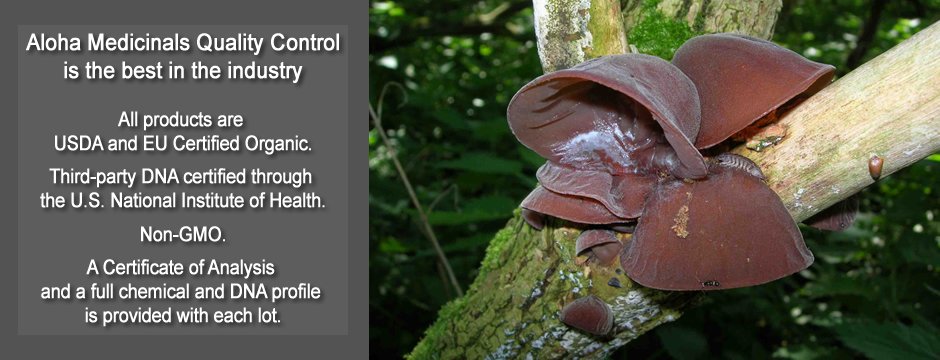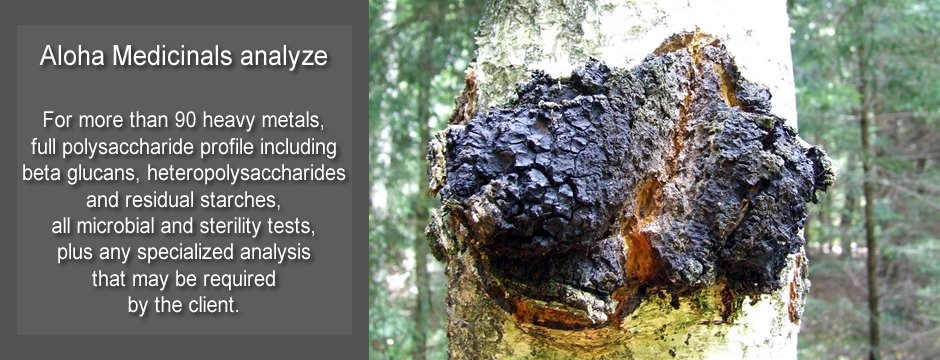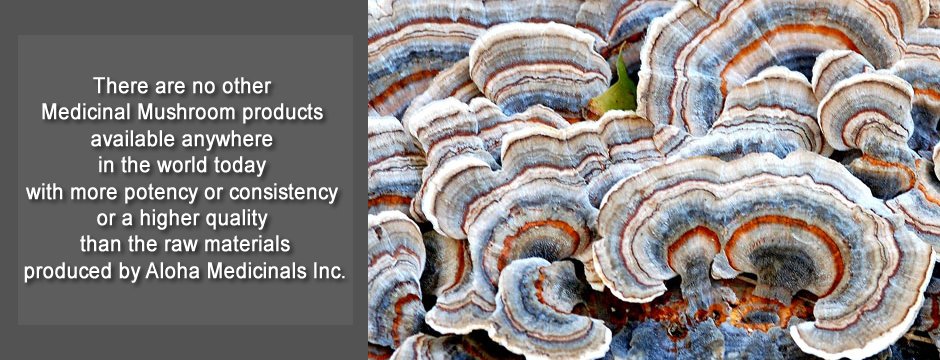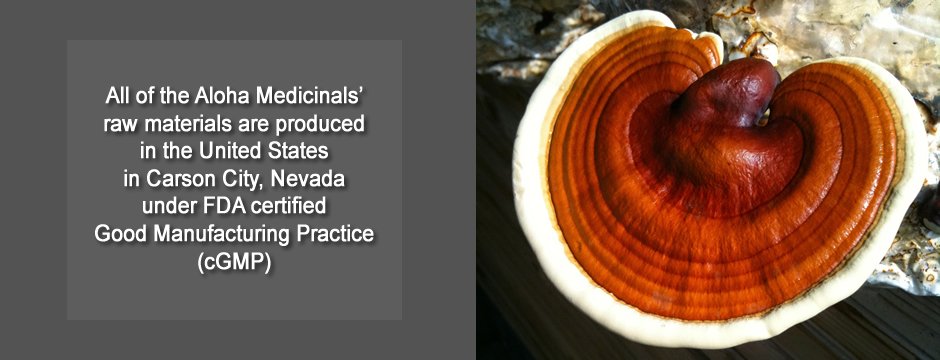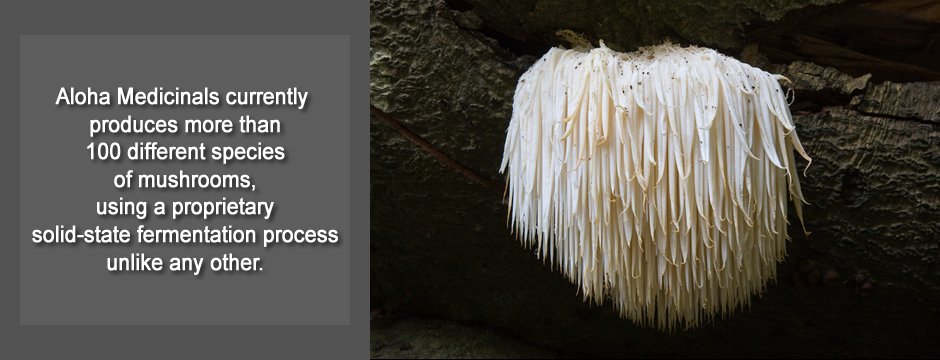Grifola Frondosa
Source of Information: Memorial Sloan Kettering Cancer Center, the oldest and largest private cancer center, located in New York, founded in 1884.
Scientific Name: Grifola frondosa
Common Name: King of mushrooms, dancing mushroom, cloud mushroom, hen of woods
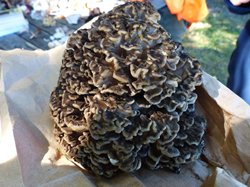
Bottom Line: Maitake demonstrated anticancer effects in laboratory studies. Research is underway to test its anticancer effects in humans.
Maitake is a mushroom that traditionally has been used in Japan and China as part of the diet and to treat diabetes and hypertension. Like other medicinal mushrooms, maitake contains a complex sugar called a beta-glucan. In laboratory studies, maitake extract was able to stimulate various cells and factors in the immune system. Studies in animals show that it slows the growth of certain tumors and lowers blood glucose (sugar) levels. More studies are being conducted to determine if maitake has the same effects in humans.
- To prevent and treat cancer
Laboratory studies and small uncontrolled studies in humans show that maitake extracts slow the growth of tumors and stimulate certain immune cells. - To manage diabetes
itake reduces blood glucose levels in rats. - To lower high cholesterol
No scientific evidence supports this use. - To lower high blood pressure
There are no studies to support this claim. - As an immune stimulant
aitake stimulates the activity of certain immune cells in laboratory studies and in mice. - To lose weight
This claim is not backed by research.
- You are taking hypoglycemic medications to lower your blood sugar, as maitake can increase their effects.
- You are taking , as maitake may interact with resulting in an elevated international normalized ratio (INR).
Maitake mushroom is an edible mushroom consumed widely in Asia as food and used in traditional medicine to treat diabetes and hypertension. Maitake extracts are commercially available as dietary supplements marketed to “enhance immune function” and to treat HIV and cancer. Beta 1,6-glucan, a protein bound polysaccharide, has been identified as the active constituent.
Maitake extracts exhibited hypoglycemic effects in a few studies (9) (12). Preliminary data suggest that maitake may be useful in inducing ovulation in patients with polycystic ovary syndrome (PCOS) (22).
Maitake demonstrated antitumor effects (16), enhanced bone marrow colony
formation, reduced doxorubicin toxicity (11), and inhibited tumor metastasis
in vitro (13).
In a study done in mice, oral maitake extract promoted maturation
of hematopoietic cells to functionally active myeloid cells and
enhanced peripheral blood leukocyte recovery following chemotoxic
bone marrow injury (17).
A novel polysaccharide, MZF, was shown to induce dendritic cell
maturation and enhanced antitumor response (20).
Maitake also enhanced interferon activity against bladder cancer
cells (18)
and alleviated inflammation associated with inflammatory bowel
disease (19).
In a small non-controlled study, tumor regression or significant
improvements in symptoms were observed in half of the subjects
using Maitake extract (5).
In another study of postmenopausal breast cancer patients, oral
administration of maitake extract was shown to have
immunomodulatory effects (14).
More studies are underway to establish Maitake's anticancer
potential.
Maitake mushroom is an edible fungus. The whole mushroom can be fried or boiled.
- Cancer prevention
- Diabetes
- High cholesterol
- Hypertension
- Immunostimulation
- Weight loss
- Polysaccharides: 1,3 and 1,6 beta-glucans appear to be the most active ingredients. Alpha glucan is also present.
- Lipids: Octadecanoic and octadecadienoic acids
- Phospholipids: Phosphatidylethanolamine, phosphatidylcholine, phosphatidylinositol, phosphatidylserine and phosphatidic acid
- Ergosterol (vitamin D2)
Maitake is thought to exert its effects through its ability to
activate various effector cells, such as macrophages, natural
killer cells, and T cells, as well as interleukin-1 and superoxide
anions (2) (3) (4) (13).
Studies also suggest possible hypoglycemic activity (9). The anti-diabetic effect of
alpha-glucan may be due to its effects on insulin receptors by
increasing insulin sensitivity and ameliorating insulin resistance
of peripheral target tissues (12).
Maitake extract enhanced the growth and differentiation of mouse
bone marrow cells treated with doxorubicin, a chemotherapeutic
agent (11).
In addition, maitake extract may modulate antigen presentation as
evidenced by protection of mice against tumor implantation
following transfer of dendritic cells from tumor-bearing mice that
were treated with maitake extract (15).
Maitake D fraction demonstrated antitumor activity by upregulating
expression of a proapoptotic gene, BAK-1 (23). In another study the beta
glucan GFPBW1 also showed antitumor effects thought partially due
to activation of macrophages via the Dectin-1/Syk/NF-κB signaling
pathway (24).
Maitake may not be appropriate for those taking hypoglycemic medications as it can have synergistic effects (9).
Maitake may interact with resulting in an elevated international normalized ratio (INR).
May lower blood glucose level.





